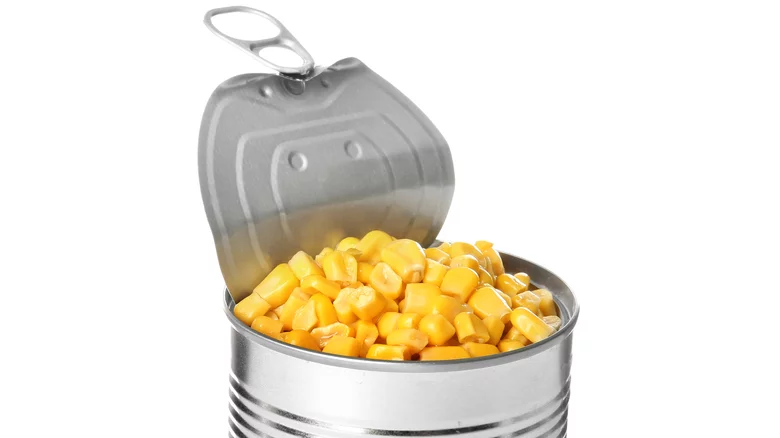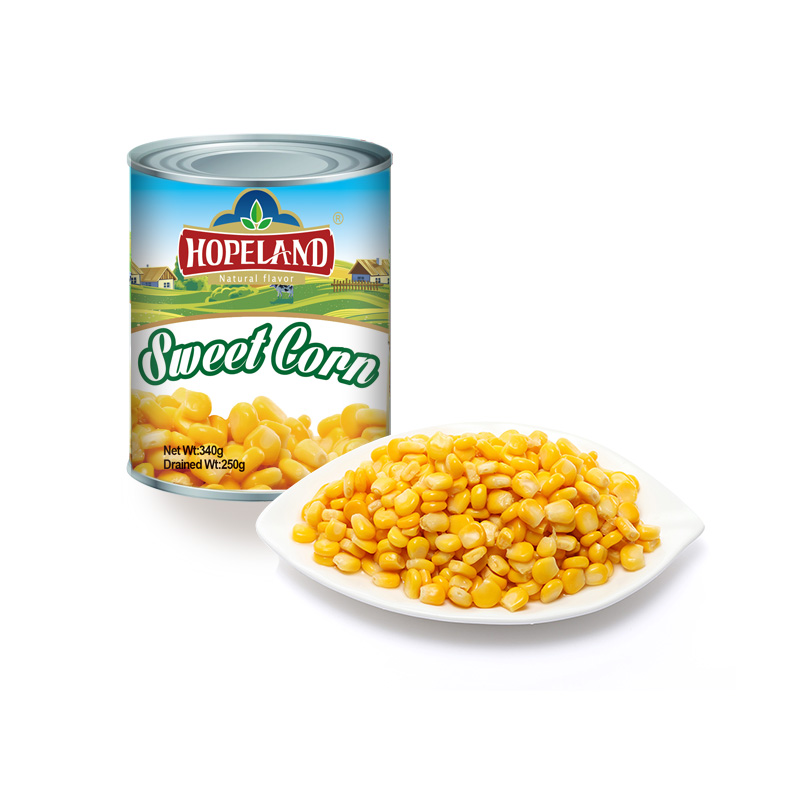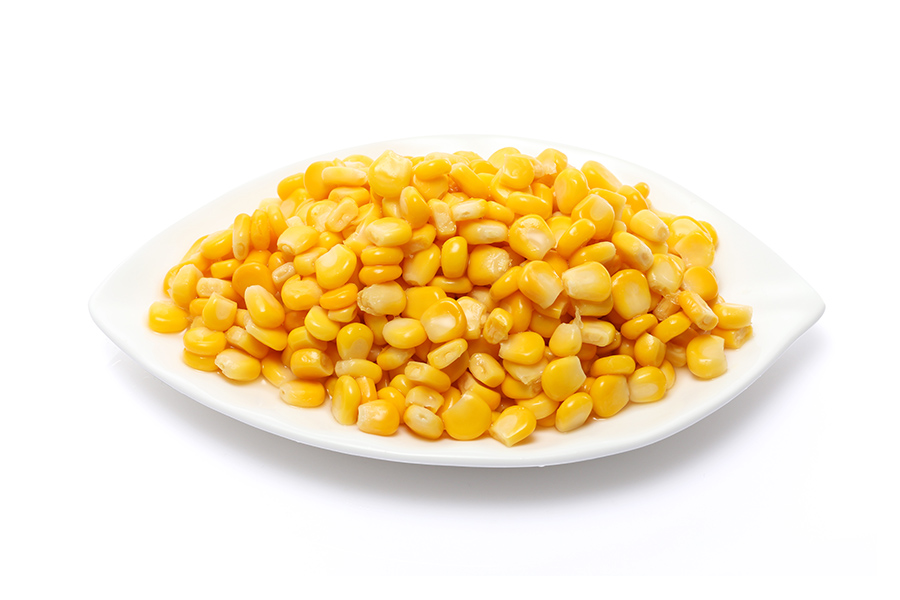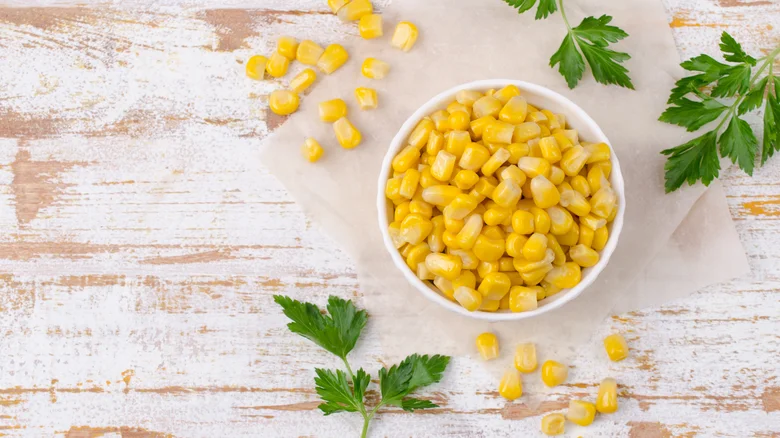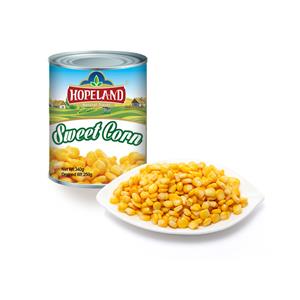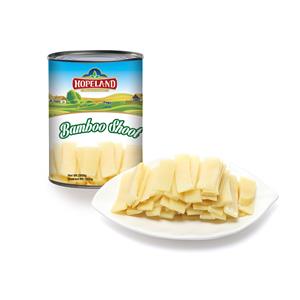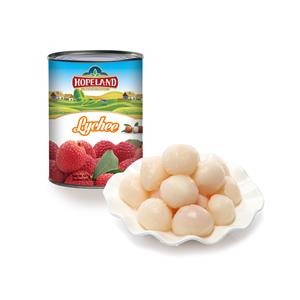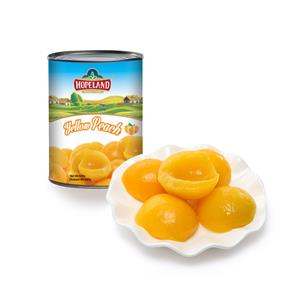Why You Should Always Have Canned Corn in Your Pantry
Canned corn is a versatile and convenient ingredient that can elevate many dishes, from hearty casseroles to vibrant salads, creamy soups, and even breakfast omelets. While it’s true that corn is a starchy vegetable with natural sugars, it also offers an impressive range of health benefits. In this article, we’ll explore why canned corn deserves a spot in your pantry, covering its nutritional benefits, shelf stability, and the best ways to store and use it. We’ll also examine some considerations to keep in mind when incorporating canned corn into your diet.
Canned Corn: A Nutritious, Shelf-Stable Choice
One of the best reasons to keep canned corn on hand is its nutritional value. Canned corn contains nearly all B vitamins, which are essential for energy production and supporting the nervous system. It’s also rich in vitamin C, fiber, and essential minerals, including magnesium and potassium, which support heart health and muscle function. These “yellow kernels of goodness” also provide antioxidants and beta carotene, which contribute to skin and eye health.
Canned corn is also incredibly shelf-stable. Properly sealed and stored in a cool, dry place, it can last for years in the pantry. According to the U.S. Department of Agriculture (USDA), canned foods can remain edible as long as the can is free from rust, dents, or swelling. Temperatures above 100°F can harm canned goods, potentially causing spoilage, so storing them away from heat sources is critical. When handled and stored correctly, canned corn can last up to three to five years, making it an excellent addition to any pantry.
Health Benefits of Canned Corn
Canned corn is not only a tasty ingredient but also a good source of dietary fiber, which aids digestion and helps maintain stable blood sugar levels. Here are some additional benefits:
B Vitamins: These vitamins support your heart, muscles, and brain, helping to convert food into energy.
Vitamin C: An antioxidant that boosts immunity and aids in collagen production, promoting healthy skin and wound healing.
Fiber: Corn is high in fiber, which promotes digestive health and may help lower cholesterol.
Protein: Although not a complete protein source, corn does contain some protein, making it a valuable plant-based option for those looking to add variety to their diet.
Canned corn’s versatility allows it to work well in various dishes, whether you’re preparing a Mexican-inspired casserole, a creamy corn chowder, or a fresh corn salsa. It’s also naturally gluten-free, which makes it a safe and nutritious choice for people with gluten sensitivities or celiac disease.
Vegan-Friendly Creamed Corn Options
For those who love creamed corn but want a vegan-friendly option, many canned varieties are dairy-free. These vegan versions typically rely on the liquid from the corn kernels and the cob itself to achieve a creamy texture without adding milk or cream. This option makes creamed corn accessible to individuals with lactose intolerance, dairy allergies, or those following a vegan diet. Vegan creamed corn adds a smooth, rich texture to dishes and can easily be mixed into recipes like vegan casseroles, pasta dishes, and corn chowder.
Best Practices for Storing Canned Corn
To maximize canned corn’s shelf life, keep it in a cool, dry location, away from direct sunlight and heat sources. A few additional storage tips include:
1. Check for Damage: Avoid using cans that show signs of damage, including dents, rust, or swelling, as these could indicate potential spoilage.
2. Monitor Temperature: Store canned corn below 100°F to preserve its quality. Heat exposure can compromise the safety and flavor of canned goods.
3. Label and Rotate: Mark cans with the date of purchase and organize them to use the oldest cans first. This practice helps you use up older stock before newer items, preventing waste and ensuring freshness.
Proper storage ensures you’ll always have safe, high-quality corn available for your recipes, even during times when fresh produce may be scarce or expensive.
Considerations for Consuming Canned Corn
While canned corn offers numerous benefits, there are some things to keep in mind when adding it to your diet. Here are some important considerations:
1. BPA in Canned Lining
Many canned foods contain BPA (bisphenol A), a chemical used in can linings that has been linked to health concerns like diabetes, heart disease, and certain cancers. According to a study by the Center for Environmental Health (CEH), nearly 40% of cans still contain BPA. While many manufacturers have moved to BPA-free alternatives, it’s worth checking labels or contacting brands to confirm if BPA is used. For those looking to avoid BPA altogether, there are BPA-free options on the market, or consider brands that package corn in glass jars or other BPA-free materials.
2. GMO Considerations
Corn is one of the most commonly genetically modified crops in the world. Though the safety of genetically modified (GM) foods is supported by many studies, some consumers prefer to avoid them. In several countries, genetically modified organisms (GMOs) are tightly regulated or banned. If you’re concerned about GMOs, look for canned corn labeled “non-GMO” or “organic,” as organic certification generally prohibits genetic modification.
3. Sugar and Carb Content
Corn is naturally higher in carbohydrates and sugars than many other vegetables. For those with diabetes or those who are monitoring their blood sugar, it’s essential to consume corn in moderation and balance it with other low-glycemic foods. In a balanced diet, however, corn can provide necessary energy and nutrients without negatively impacting blood sugar when enjoyed in moderation.
Delicious Ways to Use Canned Corn
Canned corn’s versatility makes it an ideal ingredient to incorporate into a variety of dishes. Here are a few ideas:
Mexican Corn Salad: Combine canned corn with diced red onion, bell pepper, jalapeño, and a sprinkle of feta or cotija cheese. Add a dressing of lime juice, olive oil, salt, and pepper for a refreshing side dish or taco topping.
Corn Chowder: Mix canned corn with diced potatoes, celery, onion, and vegetable or chicken broth for a hearty soup. Finish with a splash of cream or coconut milk for a silky texture.
Corn Fritters: Blend canned corn with flour, egg, and seasoning, then fry in a skillet until golden brown. Serve with sour cream or a spicy aioli for a tasty appetizer or side dish.
Creamy Corn Pasta: Toss canned corn with your favorite pasta, sautéed garlic, and a bit of cream or plant-based milk for a creamy, comforting meal. Add Parmesan or nutritional yeast for an extra flavor boost.
Corn and Black Bean Salsa: Mix canned corn with black beans, diced tomatoes, red onion, and chopped cilantro. Serve as a dip with tortilla chips or as a topping for tacos and burrito bowls.
Conclusion
Canned corn is a convenient, nutritious, and versatile pantry staple that can enhance countless dishes. Rich in vitamins, fiber, and antioxidants, it’s more than just a starchy side—it’s a valuable addition to any balanced diet. While there are a few considerations to keep in mind, including BPA in can linings and the carb content, choosing the right brands and using canned corn mindfully can help you enjoy its benefits without worry. Whether you’re creating a quick salad, a hearty soup, or a flavorful casserole, canned corn offers a delicious and easy way to add texture, color, and nutrition to your meals.

